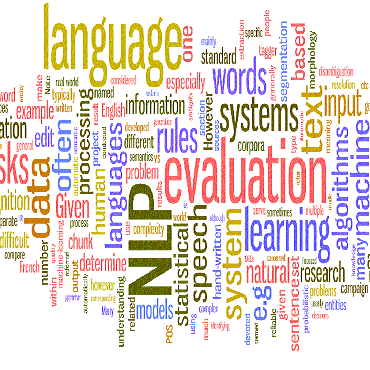Moral psychology is a domain that deals with moral identity, appraisals and emotions. Previous work has primarily focused on moral development and the associated role of culture. Knowing that language is an inherent element of a culture, we used the social media platform Twitter to compare moral behaviors of Japanese tweets with English tweets. The five basic moral foundations, i.e., Care, Fairness, Ingroup, Authority and Purity, along with the associated emotional valence were compared between English and Japanese tweets. The tweets from Japanese users depicted relatively higher Fairness, Ingroup, and Purity, whereas English tweets expressed more positive emotions for all moral dimensions. Considering moral similarities in connecting users on social media, we quantified homophily concerning different moral dimensions using our proposed method. The moral dimensions Care, Authority and Purity for English and Ingroup, Authority and Purity for Japanese depicted homophily on Twitter. Overall, our study uncovers the underlying cultural differences with respect to moral behavior in English- and Japanese-speaking users.
翻译:道德心理学是一个涉及道德认同、评估和情感的领域。 先前的工作主要侧重于道德发展和文化的相关作用。 了解语言是文化的固有要素,我们利用社交媒体平台Twitter将日本推文的道德行为与英文推文进行比较。 五个基本道德基础,即关爱、公平、群体、权力和纯洁,以及相关的情感价值,在英文和日文推文之间进行了比较。 日本用户的推文描述了相对较高的公平性、群体和纯度,而英文推文则对所有道德层面表现了更积极的情感。 考虑到在社交媒体上连接用户时的道德相似性,我们用我们提议的方法将不同的道德层面量化为同质。英语和群体道德层面的关心、权威和纯度、日文在推特上对同义的描述。 总之,我们的研究揭示了英语和日文用户在道德行为方面的潜在文化差异。




